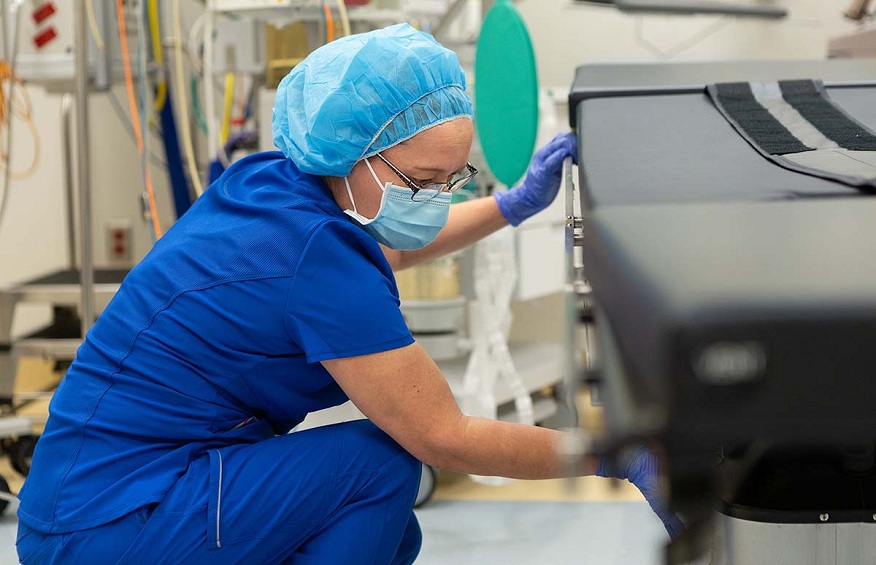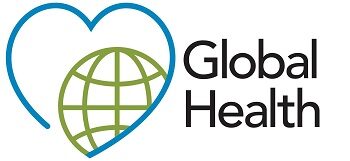Infection Prevention in Healthcare: Tackling Healthcare-Acquired Infections
1 min read
Healthcare-acquired infections (HAIs), also known as nosocomial or hospital-associated infections, are recognized as a significant cause of global morbidity and mortality. These infections are defined as infections acquired by patients while receiving care in healthcare facilities.
In the United States, the Centers for Disease Control and Prevention (CDC) closely monitors the rates of HAIs. The CDC’s estimate for 2021 indicates that there were 687,000 reported HAIs in acute care hospitals, leading to approximately 72,000 HAI-related deaths during hospitalizations in that year. Common types of HAIs include catheter-associated urinary tract infections, ventilator-associated pneumonia, and central line-associated bloodstream infections.
The primary cause of HAIs is attributed to the introduction of specific bacterial strains, such as C. difficile, MRSA (Methicillin-resistant Staphylococcus aureus), Enterococcus, and various Pseudomonas species. Proper cleaning practices in healthcare facilities play a crucial role in preventing and controlling HAIs.
For more in-depth information on HAIs and the importance of proper cleaning practices in healthcare facilities, please refer to the accompanying resource.

The Importance of Cleaning Equipment in Healthcare Facilities from Empire Cooler, a provider of ice machine services






